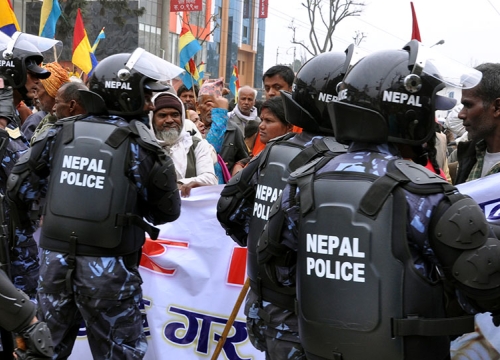Voices from the Ground: Transitional (In)justice and Human Rights in Nepal
Event


Wikimedia/Nirmal Dulal
Nepal endured a decade-long armed conflict (1996–2006) between the Government of Nepal and the Communist Party of Nepal-Maoists. During this period, widespread human rights violations — including sexual violence, torture, extrajudicial killings, and enforced disappearances — were committed by all parties involved.
In response, the Nepalese Parliament enacted the Enforced Disappearance Enquiry, Truth and Reconciliation Commission Act in 2014 (TRC Act), establishing the Truth and Reconciliation Commission (TRC) and the Commission on Investigation of Disappeared Persons (CIEDP). However, these bodies have faced criticism for ineffectiveness, lack of independence, and prolonged delays. Despite over 63,000 registered complaints, no prosecutions or criminal investigations have yet taken place. In August 2024, Nepal passed a long-awaited bill on TRC Act. The bill, welcomed by international community in Nepal, includes of several positive provisions on reparation. However, it still has a few elements undermining accountability for serious human rights violations and does not address all concerns raised by the UN experts on Nepal.
This online event invites Salina Kafle, a human rights advocate supporting victims in their ongoing fight for justice, to discuss the complexities of accountability in Nepal. Why have been transitional justice mechanisms created by the state so inefficient? What are the main challenges human rights defenders face when engaging with these mechanisms and supporting victims in their fight for justice? What are the strategies used to face these challenges? Do international human rights mechanisms help in this context? What new changes might the amended law bring to Nepal’s transitional justice in the future?
Speaker
Salina Kafle is a human rights lawyer based in Nepal. She is the Executive Director at Human Rights and Justice Centre (HRJC), a non-profit organization that fights against torture, enforced disappearances, extrajudicial killings and conflict related sexual violence in Nepal.
During her work, she has closely observed Nepalese transitional justice process, designed legal strategies and advocated the related issues at the national and international level. She has also worked as a consultant for various national and regional NGOs. She has written extensively in national Journals on the issues of gross human rights violations.
Moderators
Agustina Becerra Vazquez and Revaz Tkemaladze









